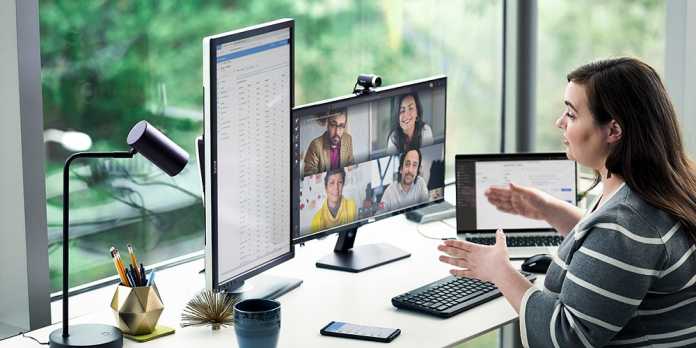Almost a full year into the sudden remote work experiment, caused by the Covid-19 virus, it appears to be a great success, according to an article appearing in Forbes.
Contributing writer Joe McKendrick lists what we have learned, including:
- Remote work is sustainable and does not affect productivity
- The experiment has been uneven, mainly enabling the professional and managerial class to work from home, while frontline employees still work in the public space
- The tools and technologies available have proven themselves in stressful situations
- There still is a need to meet and interact face to face
What also has become obvious is that IT leaders are adapting and learning new skills such as sales and marketing to support the largely digital platforms their companies need.
Employers are recognizing that remote work will be the norm, even after Covid-19 no longer remains a threat, McKendrick wrote, pointing out that at least a partial return to offices may be welcome.
What has been missing, in some cases, is the camaraderie that results in employees’ collaboration and connectivity. This makes it difficult for new employees to get a sense of company culture or get to know people outside their immediate teams.
To ensure the continued success of remote work, a combination of cutting-edge technologies, such as video conferencing for team meetings and more old-fashioned ones, such as picking up the telephone and having a one-on-one conversation.









